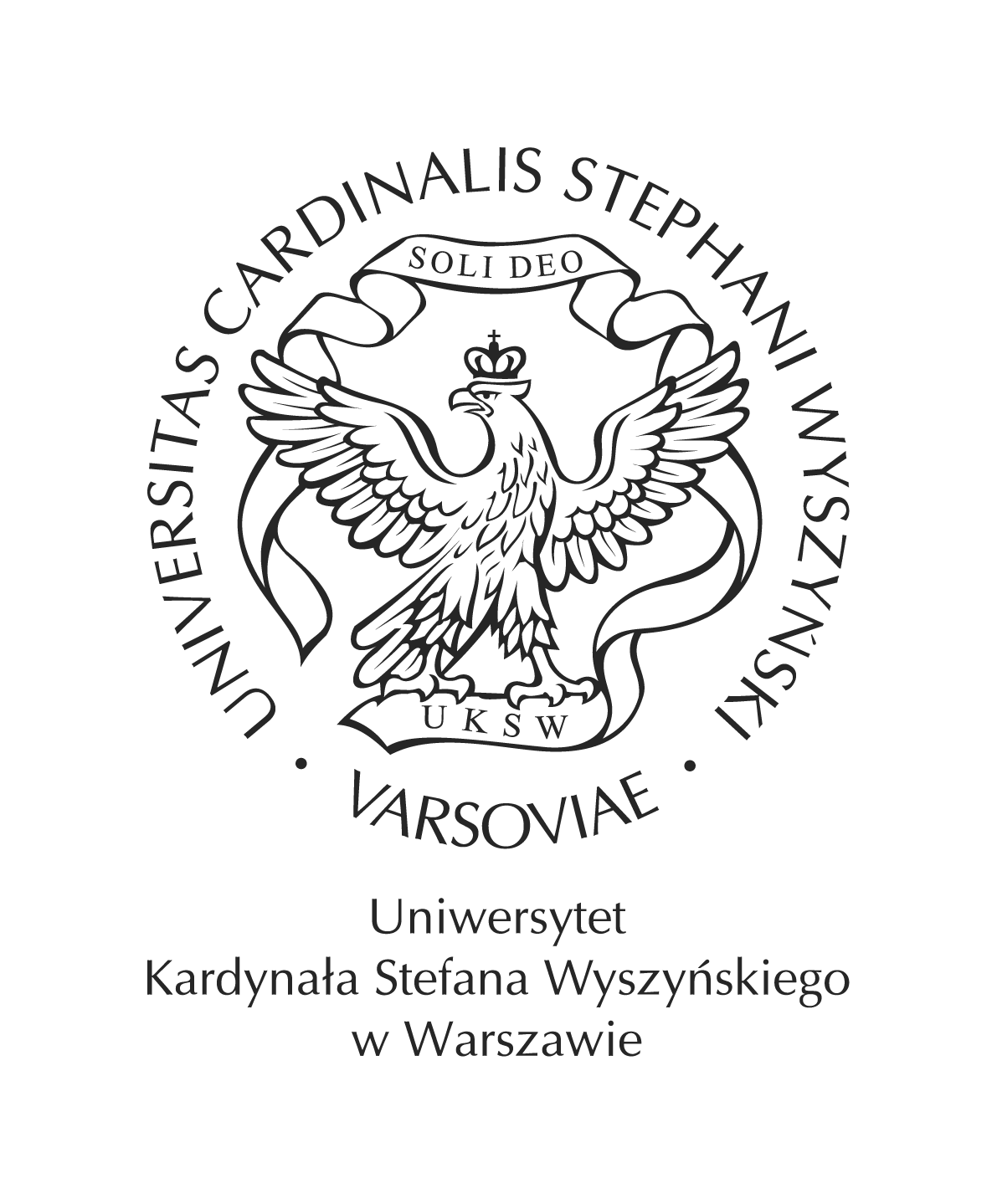Cardinal Stefan Wyszynski University in Warsaw
Faculty of Social and Economic Studies
Institute of Political Science and Public Administration https://politologia.uksw.edu.pl/
Over 11,000 students in 95 fields of study are educated at Cardinal Stefan Wyszynski University in Warsaw (UKSW). The University is distinguished by its experienced, highly specialised academic staff and modern scientific facilities. UKSW students acquire knowledge in first- and second-cycle studies. The University also gives the opportunity to improve professional qualifications at postgraduate studies and at the Doctoral School. There are 12 faculties at UKSW.
Institute of Political Science and Public Administration is a part of the Faculty of Social and Economic Studies. The institute educates students in four fields: political studies, European studies, internal security and public management, all in the full-time system. The teaching and research staff of the Institute consists of academic teachers with scientific qualifications recognised in Poland and abroad, many of whom annually receive prestigious awards for scientific, research and teaching activities. The Institute has authorisation to confer doctoral degrees and authorisations to award habilitation degrees in the field of political sciences.
Research in border and borderland studies is one of the most crucial aspects of research conducted at the Institute, within the Department of International Relations and European Integration and the Department of Public Policies. These issues are analysed in a broader study of political and socio-cultural changes in Central and Eastern Europe over the last few decades. On the one hand, the political, legal, economic, social and cultural functions of formal state borders are analysed, changing under the influence of the European integration process, in particular the expansion of the Schengen area, the development of integrated management of the EU’s external borders, and the creation of new solutions in the field of migration and asylum policy. EU and the development of cross-border cooperation in the EU. On the other hand, the research also covers symbolic and imaginary boundaries, revealed in various identity processes and social and political practices taking place on the cultural, national and ethnic borderlands in Central and Eastern Europe.
In particular, at our institute, the issues of borders and borderlands are located in the area of studies on:
- changes in the functions of state borders,
- issues of border controls (including the concepts of e-borders, smart borders),
- internal borders in Central Europe (including in relation to cities divided by state borders),
- changes in ethnic policies of Central and Eastern European countries,
- public and citizen diplomacy in trans/border regions,
- migration in Europe (especially immigration to the EU, humanitarian crises at the borders, securitisation of immigration in Europe),
- the ethical dimension of the functioning of state borders.
Many studies, publications and conferences conducted in cooperation with a number of research centres in Poland and abroad (such as Babes Bolyai University of Cluj-Napoca, Silesian University in Opava, Stefan cel Mare University of Suceava) have been devoted to this topic.
CEEPUS Coordinator: dr Kinga Wojtas-Jarentowska ( Institute of Political Science and Public Administration)


